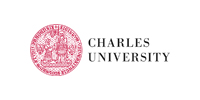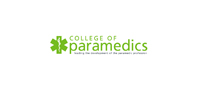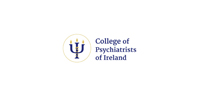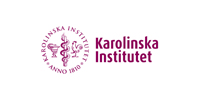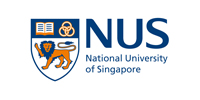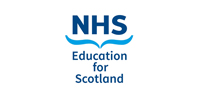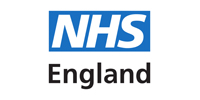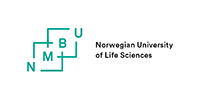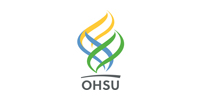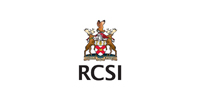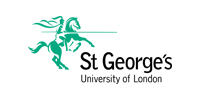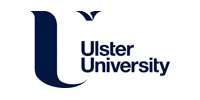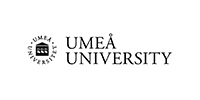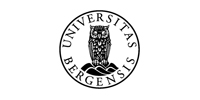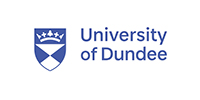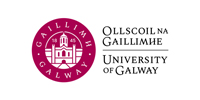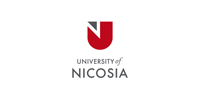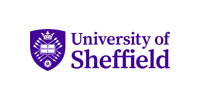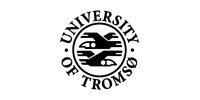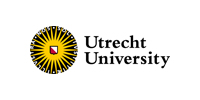A few words about this paper…
For the Irish and moreover in an international context, an important paper written by my colleague in the School of Medicine/National University of Ireland, Galway, Dr Maureen Kelly. Once multiple-mini-interviews were made available in an electronic fashion, data retrieval, storage and analysis appeared more accessible than collecting all data from paper score-sheets. International medical students, those attending medical school outside of their country of citizenship, account for a growing proportion of medical undergraduates worldwide. This study aimed to establish the fairness, predictive validity and acceptability of Multiple Mini Interview (MMI) in an internationally diverse student population. MMI appears to be a welcome addition to assessment armamentarium for selection, particularly with regard to stakeholder acceptability. Understanding the mediating and moderating influences for differences in performance of international candidates is essential to ensure that MMI complies with the metrics of good assessment practice, and principles of both distributive and procedural justice for all applicants, irrespective of nationality and cultural background.
Authors
Maureen E Kelly, Jon Dowell, Adrian Husbands, John Newell, Siun O’Flynn, Thomas JB Kropmans, Fidelma Dunne and Andrew W Murphy
Abstract
Background
International medical students, those attending medical school outside of their country of citizenship, account for a growing proportion of medical undergraduates worldwide. This study aimed to establish the fairness, predictive validity and acceptability of Multiple Mini Interview (MMI) in an internationally diverse student population.
Methods
This was an explanatory sequential, mixed methods study. All students in First Year Medicine, National University of Ireland Galway 2012 were eligible to sit a previously validated 10 station MMI. Quantitative data comprised: demographics, selection tool scores and First Year Assessment scores. Qualitative data comprised separate focus groups with MMI Assessors, EU and Non-EU students.
Results
109 students participated (45% of class). Of this 41.3% (n=45) were Non-EU and 35.8% (n=39) did not have English as first language. Age, gender and socioeconomic class did not impact on MMI scores. Non-EU students and those for whom English was not a first language achieved significantly lower scores on MMI than their EU and English speaking counterparts (difference in mean 11.9% and 12.2% respectively, P<0.001). MMI score was associated with English language proficiency (IELTS) (r=0.5, P<0.01). Correlations emerged between First Year results and IELTS (r=0.44; p=0.006; n=38) and EU school exit exam (r=0.52; p<0.001; n=56). MMI predicted EU student OSCE performance (r=0.27; p=0.03; n=64). In the analysis of focus group data two overarching themes emerged: Authenticity and Cultural Awareness. MMI was considered a highly authentic assessment that offered a deeper understanding of the applicant than traditional tools, with an immediate relevance to clinical practice. Cultural specificity of some stations and English language proficiency were seen to disadvantage international students. Recommendations included cultural awareness training for MMI assessors, designing and piloting culturally neutral stations, lengthening station duration and providing high quality advance information to candidates.
Conclusion
MMI is a welcome addition to assessment armamentarium for selection, particularly with regard to stakeholder acceptability. Understanding the mediating and moderating influences for differences in performance of international candidates is essential to ensure that MMI complies with the metrics of good assessment practice and principles of both distributive and procedural justice for all applicants, irrespective of nationality and cultural background.
Click below for article full text…
Click here to provide feedback on the paper.


